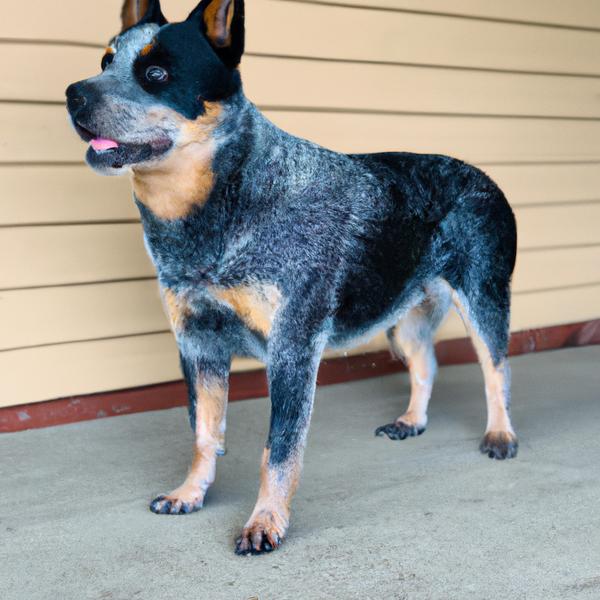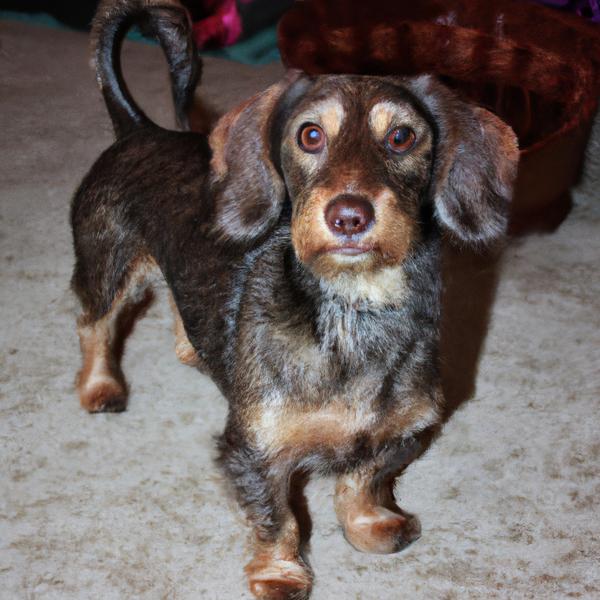Australian Cattle Dog vs. Doxie-Chon: Breed Differences and Similarities
Hypoallergenic
Are Australian Cattle Dogs or Doxie-Chons hypoallergenic, or neither?
Unfortunately, neither Australian Cattle Dog nor Doxie-Chon are hypoallergenic, which may not make them the best choice for dog lovers who suffer from pet allergies.
Temperament
What are the personalities of Australian Cattle Dog and Doxie-Chon dogs?
Aggressive
Energetic
Loyal
Responsive
Alert
Intelligent
Protective
Playful
Stubborn
Sensitive
Courageous
Intelligent
Affectionate
Devoted
Lively
Gentle
Cheerful
Clever
Shedding Level
Do Australian Cattle Dogs shed more than Doxie-Chons, or which breed sheds more, Australian Cattle Dogs or Doxie-Chons?
Australian Cattle Dogs are moderate shedders, but regular brushing can reduce shedding and maintain coat health.
Doxie-Chons are low shedding dogs, requiring minimal coat care.
Watchdog Ability
Which dog breed makes a better watchdog, the Australian Cattle Dog or Doxie-Chon?
Choose an Australian Cattle Dog if you want a top-notch watchdog. This breed takes guarding seriously, and may not require much training, though obedience or guard dog training can improve their skills.
Doxie-Chons aren't great guard dogs; they tend to just watch without taking action.
Origin
What is the origin of Australian Cattle Dog and Doxie-Chon dog breeds?
Australia
United States
Ancestry
What are the origins of Australian Cattle Dog and Doxie-Chon breeds?
Dingo
Bichon Frise and Dachshund
Breed recognition
Which kennel clubs recognize/register Australian Cattle Dog and Doxie-Chon?
American Canine Registry
American Kennel Club
America's Pet Registry
Canadian Kennel Club
Dog Registry of America Inc.
Federation Cynologique Internationale
Kennel Club of Great Britain
North American Purebred Registry, Inc.
American Canine Association, Inc.
Australian National Kennel Council
Continental Kennel Club
National Kennel Club
New Zealand Kennel Club
United Kennel Club
ACHC = American Canine Hybrid Club
DBR = Designer Breed Registry
DDKC = Designer Dogs Kennel Club
DRA = Dog Registry of America, Inc.
IDCR = International Designer Canine Registry®
Date of Birth
When were Australian Cattle Dog and Doxie-Chon breeds first developed?
1800s
Unknown
Eye Color Possibilites
What are the eye colors of Australian Cattle Dog and Doxie-Chon dogs?
Blue
Brown
Amber
Brown
Nose Color Possibilites
What are the natural nose colors of Australian Cattle Dog and Doxie-Chon?
Black
Brown
Black
Coat Color Possibilites
What are the natural colors of the coat for Australian Cattle Dog and Doxie-Chon breeds?
Blue
Red
White
Brown
Black
Coat Length
What is the typical coat length for Australian Cattle Dog and Doxie-Chon breeds?
The coat of Australian Cattle Dog and Doxie-Chon dogs falls in the medium-length category.
Coat Density
What is the density of the coat of Australian Cattle Dog and Doxie-Chon?
Coat Texture
What is the hair texture of Australian Cattle Dog and Doxie-Chon?
Straight
Wiry
Litter Size
What is the usual litter size for Australian Cattle Dog and Doxie-Chon?
An Australian Cattle Dog can have a litter of 12-15 puppies on average. However, it's worth noting that the size of the litters can vary greatly. Factors that can influence litter size include the health of the mother, breeding history, and genetics.
A Doxie-Chon can have a litter of 2-5 puppies on average. However, it's worth noting that the size of the litters can vary greatly. Factors that can influence litter size include the health of the mother, breeding history, and genetics.
Adaptability
Australian Cattle Dogs have average adaptability to changes in lifestyle and living environments compared to other breeds.
Doxie-Chons are highly adaptable and versatile, making them excellent companions for families and individuals of all lifestyles.
Health Issues
Between Australian Cattle Dog and Doxie-Chon, which breed is more prone to health problems?
Australian Cattle Dog and Doxie-Chon breeds are generally considered to be healthy. However, like all breeds, they are susceptible to certain health issues and it is important to keep an eye out for them and address them with your veterinarian as needed.
Major Concerns
What are the major health concerns for Australian Cattle Dog and Doxie-Chon breeds?
Deafness
OCD
Progressive Retinal Atrophy
Hip Dysplasia
Patellar Luxation
Allergies
Hip Dysplasia
Diabetes
vonWillebrand’s Disease
Atopy
Minor Concerns
What minor health issues should be kept in mind when owning Australian Cattle Dog and Doxie-Chon?
Cataracts
Lens Luxation
Seborrhea
Epilepsy
Corneal Dystrophy
Acanthosis Nigricans
Mitral Valve Dysplasia
Occasional Tests
What occasional tests are recommended for Australian Cattle Dog and Doxie-Chon breeds?
Eye
Hip
Hearing
X-Rays
Eye Examination
Fecal Examination
Electrocardiogram
Urinalysis
Complete Blood Count
Buccal Mucosal Bleeding Time (BMBT)
Allergy Testing
Skin Scrape
Impression Smear
Energy
How do the energy levels of Australian Cattle Dogs and Doxie-Chons compare?
Australian Cattle Dogs thrive on an active lifestyle due to their high-energy nature.
Doxie-Chons are a good choice for a low-key lifestyle due to their low energy levels.
Social Needs
Australian Cattle Dog vs Doxie-Chon social needs comparison
Australian Cattle Dog has average social needs and is less independent than other breeds.
Doxie-Chon has very high social needs and requires regular mental and physical stimulation, a job or purpose, and companionship.
Exercise Needed
Australian Cattle Dog vs Doxie-Chon exercise need comparison.
Australian Cattle Dogs need high physical activity and are ideal for active individuals, but not suitable for sedentary lifestyles or small apartments.
Doxie-Chons need only a small amount of physical activity, ideal for busy or elderly people or those with limited space.
Sleeping Need
Which of the two sleeps the most/least: Australian Cattle Dog or Doxie-Chon?
Australian Cattle Dogs are active and require sufficient sleep to stay healthy.
Doxie-Chons are known for their relaxed and calm nature and enjoy long periods of sleep.
Tendency to Bark
Do Australian Cattle Dogs or Doxie-Chons bark more/less frequently?
Australian Cattle Dog dogs are generally less vocal than other breeds and only bark when necessary, such as to alert their owner or communicate.
The Doxie-Chon is a vocal breed that frequently barks and howls, and may not be suitable for those seeking a quiet companion.
Mouthiness
Mouthiness Comparison: Australian Cattle Dog vs Doxie-Chon?
Roaming urge
Australian Cattle Dog vs Labrador: Running away tendency?
Prey Drive
Australian Cattle Dog or Doxie-Chon - which breed has a higher level of prey drive?
Past times
What are some enjoyable activities and ways to keep Australian Cattle Dog and Doxie-Chon entertained?
Chase, Running, Walk, Run, Fetch, Play, Herding, Playing, Walking, Road trip, Playing fet, Hiking, Eating Snacks, Hike, Sleep, Kisses, Sniffing, Sprint, Tug-of-war, Hunt, Tracking, Investigating, Cuddling, Off-leash, Chewing, Herding birds, Bike ride, Go to Park, Jogging, Dog Parks
Playdate, Playing on Farm, Run, Hike, Brushing, Tug-of-war, Nap, Chase, Fetch, Off-leash, Eating Snacks, Playing
Activity Level
Which breed has higher energy, Australian Cattle Dogs or Doxie-Chons?
Australian Cattle Dogs are high-energy dogs. They need mental as well as physical exercise. These dogs require a lot of your involvement and without it they can, and will, become problematic dogs.
Doxie-Chons are medium-energy dogs and typically enjoy socializing and playing casual or even sustained games of chase with other dogs. They may also have occasional periods of barking or racing around the house.
Tolerance of being left alone
Walks per Week
How many miles should Australian Cattle Dog or Doxie-Chon walk each week?
There's really no limit to how far you walk your dog as long as they're comfortable. For Australian Cattle Dog, it's at least 14 miles / week. Just remember to build distance and stamina gradually over time.
There's really no limit to how far you walk your dog as long as they're comfortable. For Doxie-Chon, it's at least 6 miles / week. Just remember to build distance and stamina gradually over time.
Activity per Day
Do Australian Cattle Dogs or Doxie-Chons require more exercise?
In general most Australian Cattle Dogs usually need at least 90 minutes of exercise daily. This can be spread across the day and include all sorts of high-energy activities, like walking, running and playing.
In general most Doxie-Chons usually need at least 30 minutes of exercise daily. This can be spread across the day and include all sorts of high-energy activities, like walking, running and playing.
Grooming
Which breed is easier to maintain in terms of grooming, Australian Cattle Dogs or Doxie-Chons?
The Australian Cattle Dog is a low-maintenance breed that doesn't require much grooming.
Doxie-Chons require significant grooming, including regular trims and professional grooming assistance to maintain their coat. They may also require frequent bathing to keep their coat and skin healthy.
Brushing Frequency
What is the recommended brushing frequency for Australian Cattle Dog and Doxie-Chon dogs?
In general Australian Cattle Dog should be brushed at least once a month. Of course you can give them more frequent brushes, especially if they enjoyed it
Doxie-Chon should be brushed at least once a week. Of course you can give them more frequent brushes if you find that they are still shedding a lot
Brushing Tools
What brushing tools are used for Australian Cattle Dogs and Doxie-Chons?
Slicker Brush
Deshedder
Nail Clipper
Pin Brush
Comb
Clipper
Nail Clipper
Cups
How much food should be given to Australian Cattle Dog or Doxie-Chon in cups?
For an average 33-40 pound (15 - 18 kg) Australian Cattle Dog feed 2.5 cups daily. But, keep in mind, the amount you feed is going to be dependent on the quality of the food you are feeding.
For an average 10-25 pound (5 - 11 kg) Doxie-Chon feed 1 cups daily. But, keep in mind, the amount you feed is going to be dependent on the quality of the food you are feeding.
Daily Cost
Which breed has a higher daily cost, Australian Cattle Dog or Doxie-Chon?
The average cost of an Australian Cattle Dog is somewhere $1.70 - $2.00 per day.
The average cost of a Doxie-Chon is somewhere $1.10 - $1.40 per day.
Monthly Cost
Which breed has a higher monthly cost, Australian Cattle Dog or Doxie-Chon?
The average per month expenses of an Australian Cattle Dog is between $48 - $63. This makes an average of $576 - $756 per year. It will be on the higher side when the dog is still small because it will need more frequent visits to the vet, shots.
The average per month expenses of a Doxie-Chon is between $35 - $42. This makes an average of $420 - $504 per year. It will be on the higher side when the dog is still small because it will need more frequent visits to the vet, shots.
Intelligence
Comparing Intelligence: Australian Cattle Dogs vs Doxie-Chons
Australian Cattle Dog is highly intelligent and very trainable.
Doxie-Chons are average in obedience intelligence but have a high IQ and may cause trouble if left unsupervised.
Sensitivity Level
How do Australian Cattle Dog and Doxie-Chon compare in sensitivity?
These breeds are more sensitive than others and easily overwhelmed by new surroundings and people. Australian Cattle Dog and Doxie-Chon need gentle handling and a calm, stable home environment with positive reinforcement training.
Affection Dependance
Which is the more affectionate dog breed: Australian Cattle Dog vs Doxie-Chon?
Apartment Friendly
Which breed is more apartment-friendly: Australian Cattle Dog or Doxie-Chon?
The Australian Cattle Dog is not suitable for apartments and requires a large yard to thrive. Pent-up energy in small spaces can lead to destructive behavior.
Doxie-Chons make excellent apartment dogs, being fairly active indoors and not requiring a yard.
Child Friendly
Do Australian Cattle Dogs or Doxie-Chons have a friendlier temperament towards children?
Australian Cattle Dogs make excellent family pets for kids due to their gentle, protective nature and calm temperament.
Doxie-Chons have an average level of friendliness towards children.
Senior-friendly
Which dog is more suitable as a pet for the elderly - Australian Cattle Dog or Doxie-Chon?
Cat Friendly
Do Australian Cattle Dog or Doxie-Chon breeds have a better compatibility with cats?
Australian Cattle Dogs are average in their friendliness toward cats and tend to do well with them, especially if raised together.
Doxie-Chons are good with cats, but early training is needed to prevent chasing behavior.
Dog Friendly
Which breed is more sociable with other dogs: Australian Cattle Dog or Doxie-Chon?
Australian Cattle Dogs are average in their friendliness towards other dogs, and socialization can help.
Doxie-Chons are friendly and active companions, and can be good family pets, though their friendliness towards other dogs may vary.
Pet friendly
How do Australian Cattle Dog or Doxie-Chon dogs interact with other pets?
Stranger Friendly
Which breed is more friendly with strangers: Australian Cattle Dog or Doxie-Chon?
Australian Cattle Dogs are quick to announce strangers and can be standoffish or suspicious.
Doxie-Chons are friendly but may bark at strangers, and training is easy due to their intelligence.
Playfulness
Which breed is more playful between Australian Cattle Dog and Doxie-Chon?
Australian Cattle Dogs are very playful, so adopting an older one might be a better option for a more relaxed experience.
Doxie-Chons are a playful breed that needs daily playtime to be happy.
Trainability
How do the trainability levels of Australian Cattle Dogs and Doxie-Chons compare?
Australian Cattle Dog and Doxie-Chon dogs are known for their ease of training and ability to learn quickly, making them a popular choice for pet owners and trainers alike.
Compare Australian Cattle Dog with other breeds
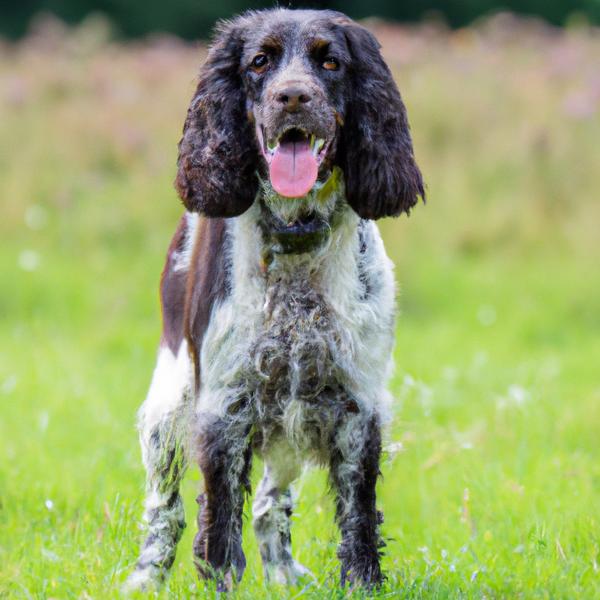
Sprocker Spaniel
Australian Cattle Dog vs Sprocker Spaniel
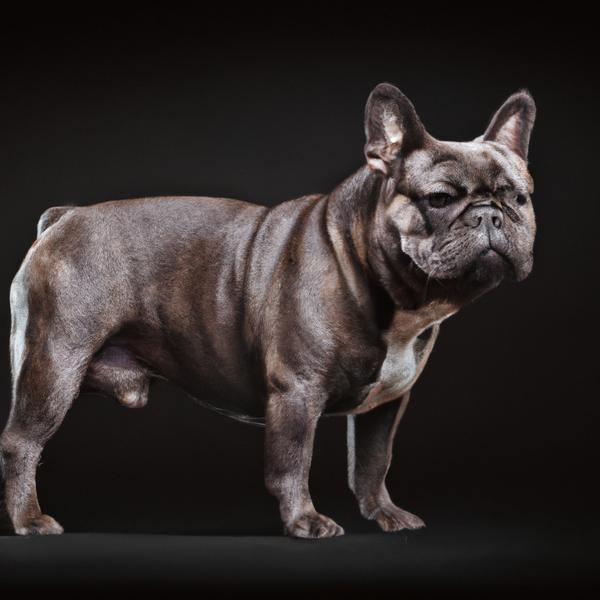
Italian Bulldogge
Australian Cattle Dog vs Italian Bulldogge
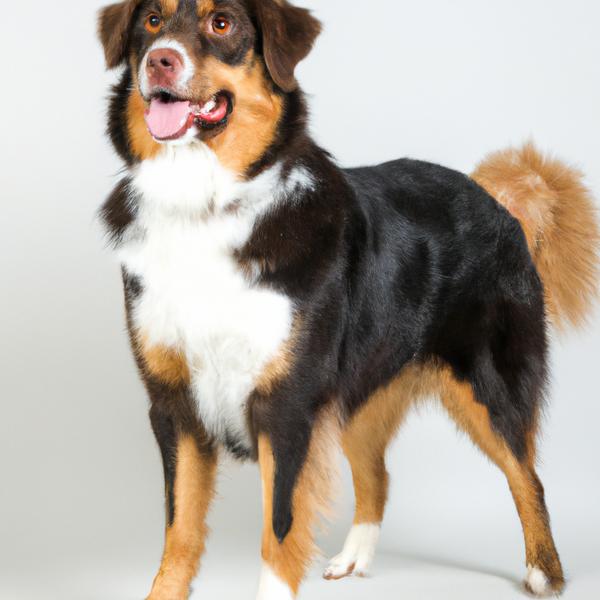
Aussiedor
Australian Cattle Dog vs Aussiedor
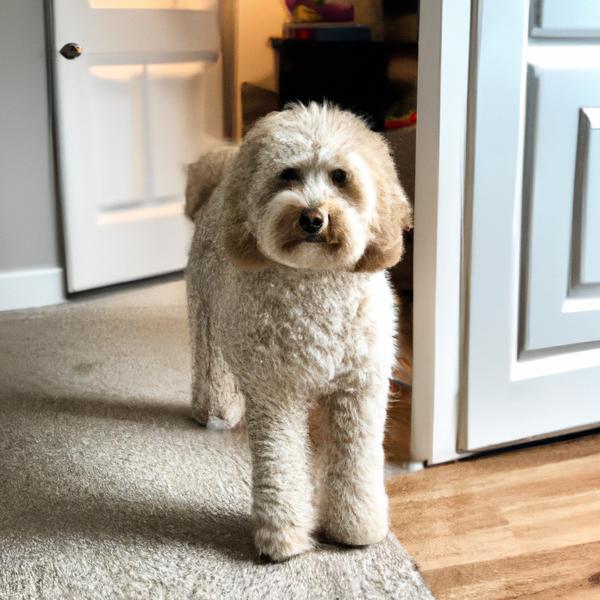
Ttoodle
Australian Cattle Dog vs Ttoodle
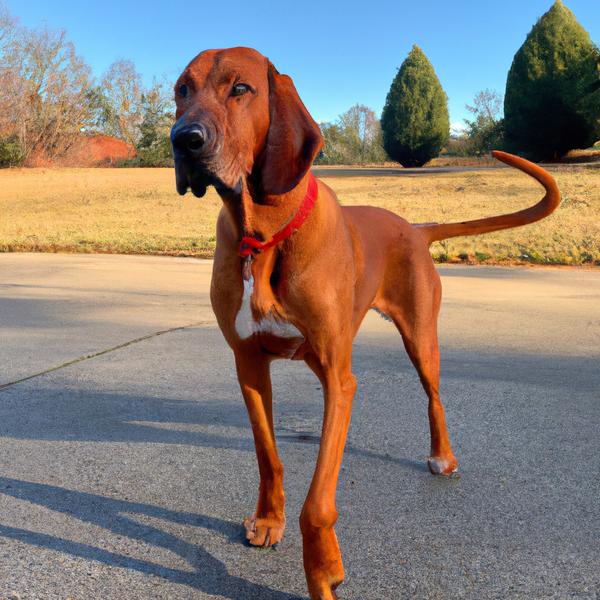
Redbone Coonhound
Australian Cattle Dog vs Redbone Coonhound
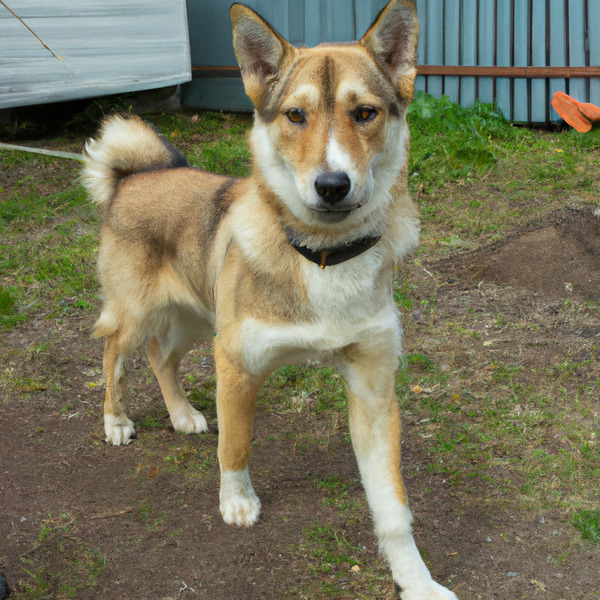
East Siberian Laika
Australian Cattle Dog vs East Siberian Laika
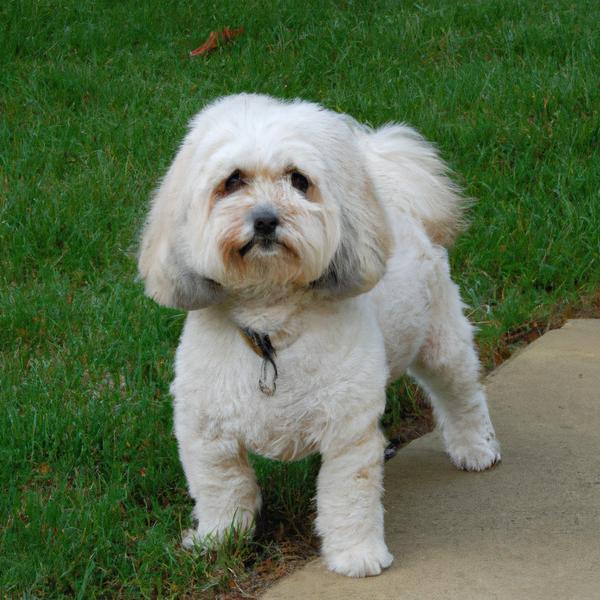
Havachon
Australian Cattle Dog vs Havachon
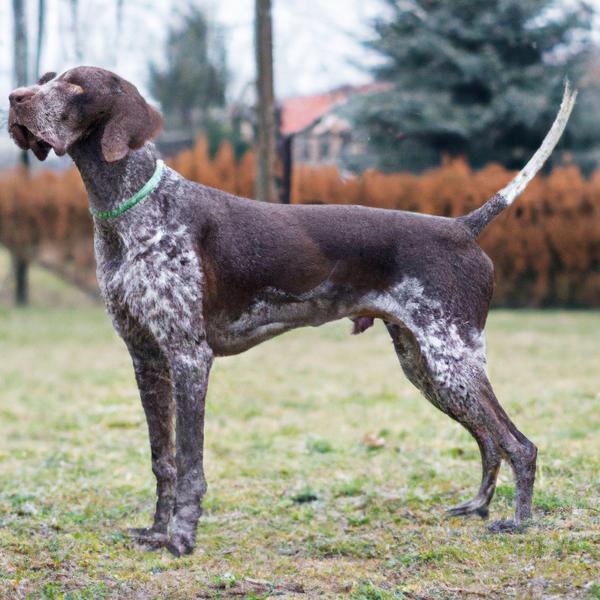
German Pointeraner
Australian Cattle Dog vs German Pointeraner
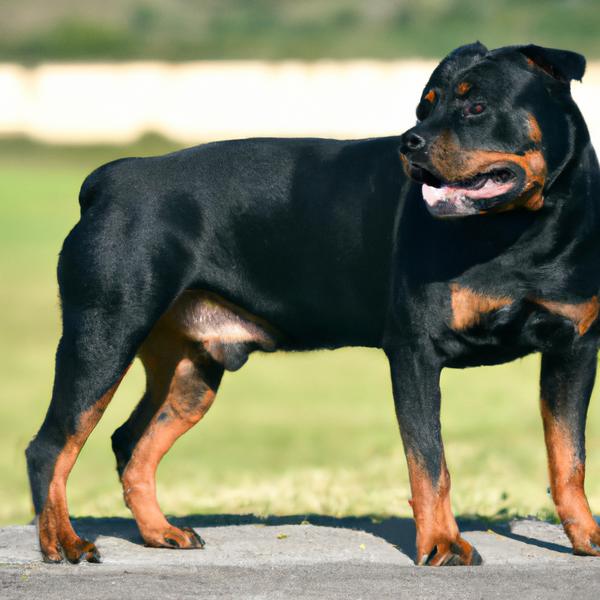
English Bullweiler
Australian Cattle Dog vs English Bullweiler
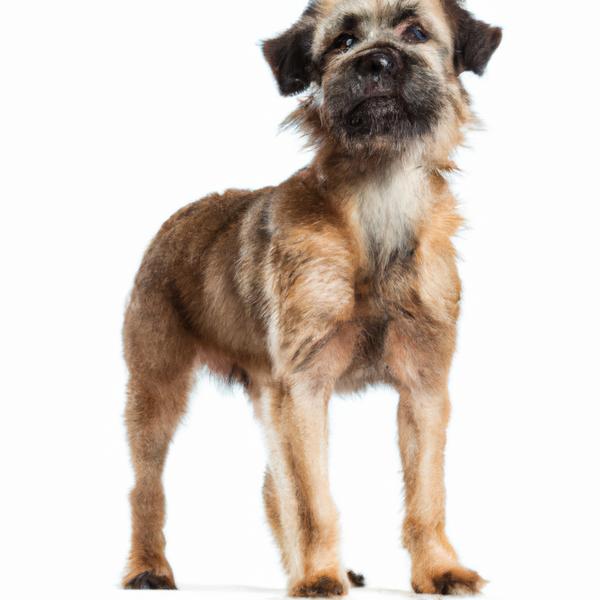
Griffonese
Australian Cattle Dog vs Griffonese
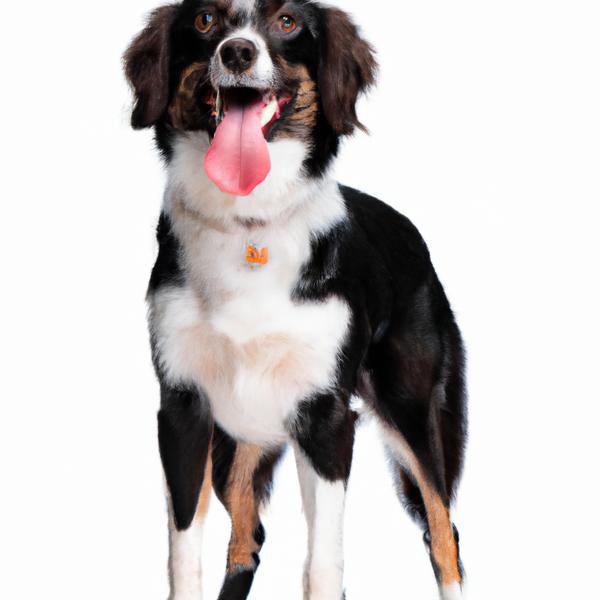
Border Collie Cocker
Australian Cattle Dog vs Border Collie Cocker
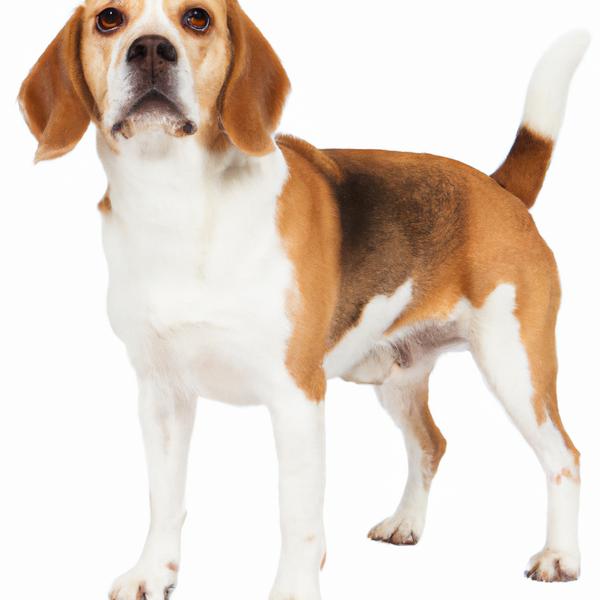
Beagleman
Australian Cattle Dog vs Beagleman
